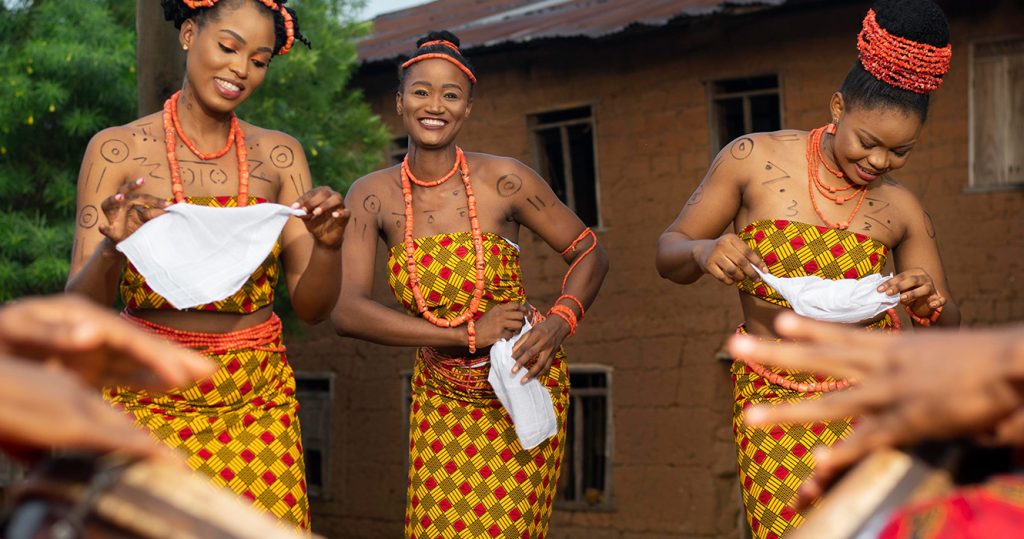
Nigeria is one of the most linguistically and culturally diverse countries in the world, with over 500 indigenous languages and hundreds of ethnic traditions. Yet, many of these languages and values are under pressure from urbanization, globalization, and the dominance of English in schools, media, and governance.
In this landscape, literature—whether fiction, poetry, or children’s books—has become a powerful medium for cultural preservation and renewal. Contemporary Nigerian writers are not only keeping local languages alive but also embedding indigenous philosophies and communal values into modern narratives.
Fiction as a Cultural Archive
Novels and short stories have always been cultural vessels in Nigeria. Writers like Chinua Achebe, Amos Tutuola, and Cyprian Ekwensi set the foundation by integrating local languages, folklore, and community life into their fiction. Achebe’s famous use of Igbo proverbs in Things Fall Apart showed the world that African literature could reflect African thought-patterns authentically, not just mimic Western forms.
Today, contemporary authors continue this work:
Chimamanda Ngozi Adichie often peppers Igbo phrases and Nigerian idioms into her globally popular works, exposing millions of readers to indigenous speech patterns.
Sefi Atta and Helon Habila use fiction to capture local identities, historical events, and moral codes.
Emerging writers are pushing this further, writing entirely in indigenous languages or blending languages fluidly in dialogue to reflect how Nigerians actually speak.
Through such fiction, literature becomes an archive—protecting languages and values that may otherwise fade from everyday use.
Poetry and Oral Traditions
Nigerian poetry draws heavily on oral traditions such as folktales, chants, and praise songs. Historically, griots, drummers, and storytellers were the guardians of culture, carrying values across generations through performance. Contemporary poets have revived and reimagined these forms.
Niyi Osundare uses Yoruba-inflected rhythms and proverbs in his poetry to stress community, justice, and spirituality.
Performance poets such as Titilope Sonuga and Dike Chukwumerije bring oral traditions into modern spaces—festivals, YouTube, and Instagram—where young audiences encounter indigenous expressions in a fresh form.
This synthesis of old and new ensures that cultural rhythms are not lost but evolve into new literary forms.
Children’s Books as Language Guardians
Children’s literature may be the most effective tool for language preservation. In Nigerian cities, many children grow up speaking mostly English. Without intentional teaching, indigenous languages risk disappearing within a few generations.
Authors and educators have responded with:
Alphabet and picture books in Yoruba, Igbo, Hausa, Tiv, and other languages.
Bilingual storybooks that combine English with indigenous languages for accessibility.
Folktale adaptations rewritten for modern children, teaching lessons about respect, resilience, and community.
For example, books like A is for Africa or indigenous-language series for early learners introduce cultural pride alongside literacy. Schools and parents increasingly see these resources as vital for identity formation.
Challenges to Literary Preservation
Despite progress, writers face serious obstacles in keeping indigenous languages alive through literature:
Publishing Infrastructure
Most publishers prefer English-language works for broader commercial reach. Indigenous-language manuscripts often get overlooked, limiting their visibility.Economic Barriers
Professional editing, printing, and distribution are costly. Many writers self-publish in small quantities, restricting circulation.Shifting Cultural Dynamics
Urban migration and inter-ethnic marriages mean many families prioritize English for “practical reasons,” making it harder to sustain indigenous reading culture at home.Digital Disruption
Platforms that once supported Nigerian literature (like OkadaBooks before its closure) highlight both opportunity and fragility in the ecosystem. Digital tools are essential, but they require stability and investment.
Innovations and the Way Forward
Encouragingly, several new trends are helping to preserve Nigerian culture through literature:
Digital publishing platforms: Tools like Amazon Kindle, Selar, and African-focused digital bookstores allow authors to publish bilingual or indigenous-language books that reach diasporic audiences.
Audiobooks and podcasts: Oral storytelling is finding new life through recorded folktales and poetry in local languages.
Writer collectives and festivals: Events like the Lagos International Poetry Festival and Ake Arts and Book Festival provide spaces where indigenous-language literature is celebrated alongside English works.
Educational initiatives: NGOs and private educators are investing in children’s materials that prioritize Nigerian languages. Some schools now include indigenous storybooks as part of their curriculum.
Why This Matters
Literature is more than storytelling—it is cultural memory. Every proverb tucked into a novel, every chant in a poem, every bilingual children’s book is an act of resistance against cultural erosion. By weaving indigenous languages and values into their works, Nigerian writers ensure that the wisdom, identity, and philosophies of their ancestors are not only preserved but also transmitted to future generations.
In an era where globalization often flattens cultural differences, Nigerian literature stands as a powerful reminder: to keep a culture alive, you must keep telling its stories—in its own languages.

